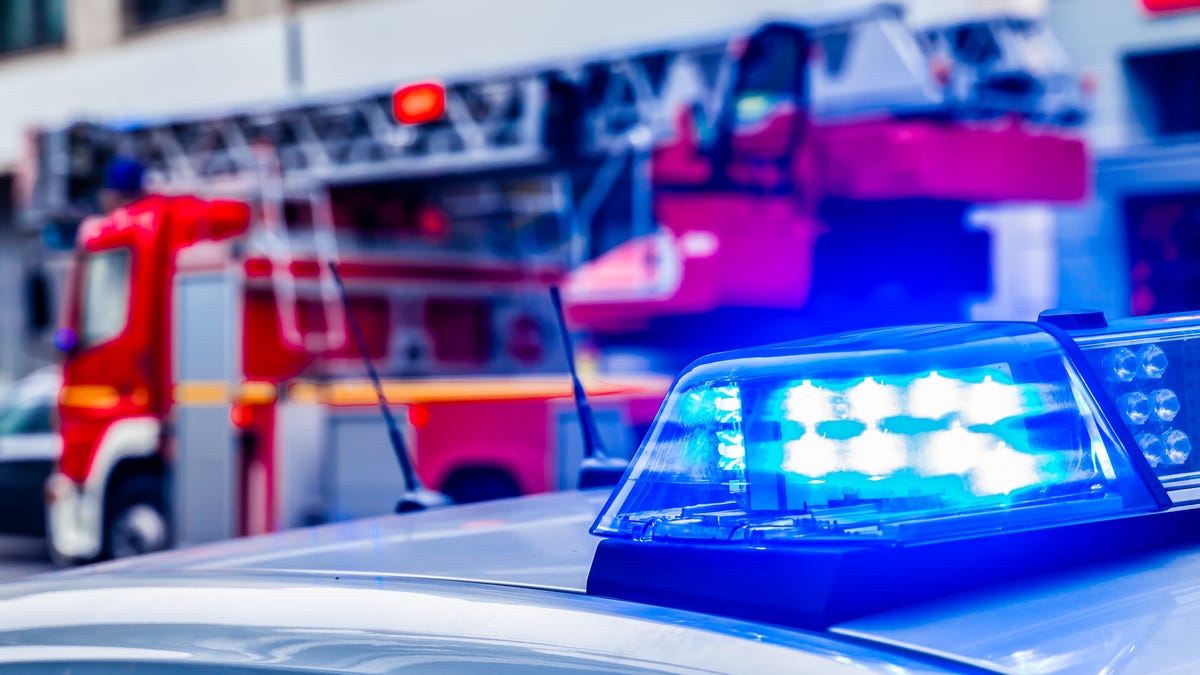Travel
Sequoia National Park Issues River Safety Warning Following Recent Incidents
:max_bytes(150000):strip_icc()/TAL-kaweah-river-sequoia-national-park-SEQUOIANPRIV0624-5fe78d41d84e405ba9fe9587a534ac50.jpg)
The National Park Service is warning visitors to Sequoia National Park to take care around rivers following recent incidents.
The alert, which was issued over the weekend, warns travelers to “exercise heightened caution” and stay away from the park’s rivers, “which pose significant risks, specifically due to swift water and slick granite rocks.” The NPS added even smaller rivers can have strong currents and quickly overpower experienced swimmers despite appearing calm.
The NPS also warned rocks near the river can be slippery and could lead to accidentally falling into the fast-moving water.
“We want everyone to have a safe and enjoyable experience at Sequoia National Park,” the park’s Deputy Chief Ranger Dave Fox said in a statement. “By staying out of the rivers and maintaining a safe distance from the riverbank, visitors can prevent life-threatening accidents and ensure a fun visit for all.”
The warning comes days after officials had to perform two swift water rescues at the Marble Fork of the Kaweah River.
In total, Sequoia National Park and the adjacent Kings Canyon National Park combine to feature about 2,600 miles of rivers and streams, according to the NPS. There are also nearly 3,200 lakes and ponds, which have designated swimming areas and where visitors can camp, fish, hike, and more.
Beyond its water features, Sequoia National Park is known for its Giant Forest where the famous 2,000-year-old General Sherman tree is located. It’s also no stranger to natural threats with firefighters forced to wrap the massive tree in aluminum-based burn-resistant material to protect it from wildfires in 2021.
In addition to being careful around rivers, the NPS recommended park goers take care on hot days by taking advantage of shaded areas (like under the canopy of the massive trees), traveling with cooling towels or bandanas, and refilling reusable water bottles at park water stations to stay hydrated.









